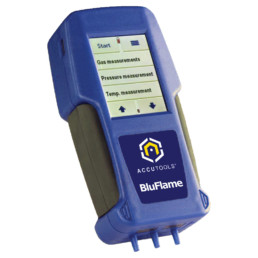The Truth About Owning a Combustion Analyzer
Why combustion analyzers are like cars.
Here’s a great way to understand the true cost of owning a combustion analyzer.
Remember when you got your first car or truck? Taking Drivers’ education class was a waste of time and money.
Then there’s the car. First the initial cost for the vehicle, then the cost of insurance, then maintenance, fluid changes, tires, wipers, brake pads, rotors – yikes!
If you bought it new it started to depreciate as soon as you drove it off the lot. Whether you used it or not it was going to cost you something every month that you owned it.
Then you screwed up and damaged it…Ugh another cost!
Do you get the picture?
Owning a combustion analyzer is just like owning a vehicle. That said, you still own a car or truck. Why?
Because the value of ownership far exceeds to cost to own.
Analyzers, no matter what make or model require service, calibration, cleaning, consumable parts and rather expensive CO and O2 cells to keep them operating and accurate. Owning an analyzer requires a little bit of personal responsibility and if that responsibility is taken lightly you will pay the consequences.
It’s no different than driving on the wrong side of the road or ignoring the check engine light on the truck. If you don’t understand what you are doing or the feedback you are getting, there’s a price to be paid.
Just like wrecking your truck you, too, can ruin your analyzer. So, let’s be clear, there is no doubt an analyzer will cost you money -at least on an annual basis -as annual service and calibration is the bare minimum.
So, there are many things to consider, there is the initial cost of the analyzer, training that you might require to use it properly, and the cost of continued of ownership/upkeep.
Going back to that car/truck, not only is there an initial cost, but you have to make a commitment at some point to learn to drive it. You need to understand the laws, or in our case industry standards.
You need to understand where to drive the vehicle, or in our case where you are supposed to measure. You need to understand what you are measuring, how to measure it and how to protect yourself and the analyzer from damage during testing.
Do you really need it?
Yes, sorry, but there really is not an option in this case. In short, if you are working on fossil fuel appliances, you need to be using a combustion analyzer. Not having an analyzer and not measuring combustion gasses simply does not absolve you of liability.
Not using a combustion analyzer leaves you blind to some pretty serious potential problems, not maintaining a standard of care and missing billable service opportunities.
The HVAC industry, specifically AHRI has published standards for testing heat exchangers and a combustion analyzer is required to complete the process.
So, what’s the deal? Why are analyzers such high maintenance?
Let’s start here. Analyzers in general only measure 4 things, pressures, temperature, O2, and CO. What you may not have considered is that it is measuring them in some of the hottest, wettest, most caustic conditions that any test instrument is ever exposed to. Flue gasses are some nasty stuff, and your analyzer is constantly breathing that stuff in.
Tough conditions are simply the start of the problem. Combustion analyzers have chemical cells to measure CO and O2. The minute after your combustion analyzer is made the cells start depleting. If you use your analyzer on every job or buy it and leave it in the truck, there will be little difference in life of the sensors. If you leave an analyzer on the shelf for a year, no matter what the brand, you have lost a year of life of the analyzer. Then on top of the lost year it is now in need of a calibration and depending on the cell life, maybe another set of cells.
Just like owning a car is a huge responsibility so is owning an analyzer. However, there is also a huge benefit to ownership. Obviously, you are not carrying your tools and equipment in a wagon because there is a huge benefit to owning a truck.
A truck affords you opportunity that a wagon simply will not and owning a combustion analyzer has a huge cost benefit also. Not only can it mitigate risk of exposing yourself or your customer to excessive levels of CO, but it can also help you identify problems with combustion, draft, input, or even mechanical faults like heat exchanger failures that might not be visible to the naked eye.
Used properly, a combustion analyzer can pay for itself in the first weeks if not the first few hours of use.
Now, go to your favorite show room and pick out a great combustion analyzer to drive to work!

